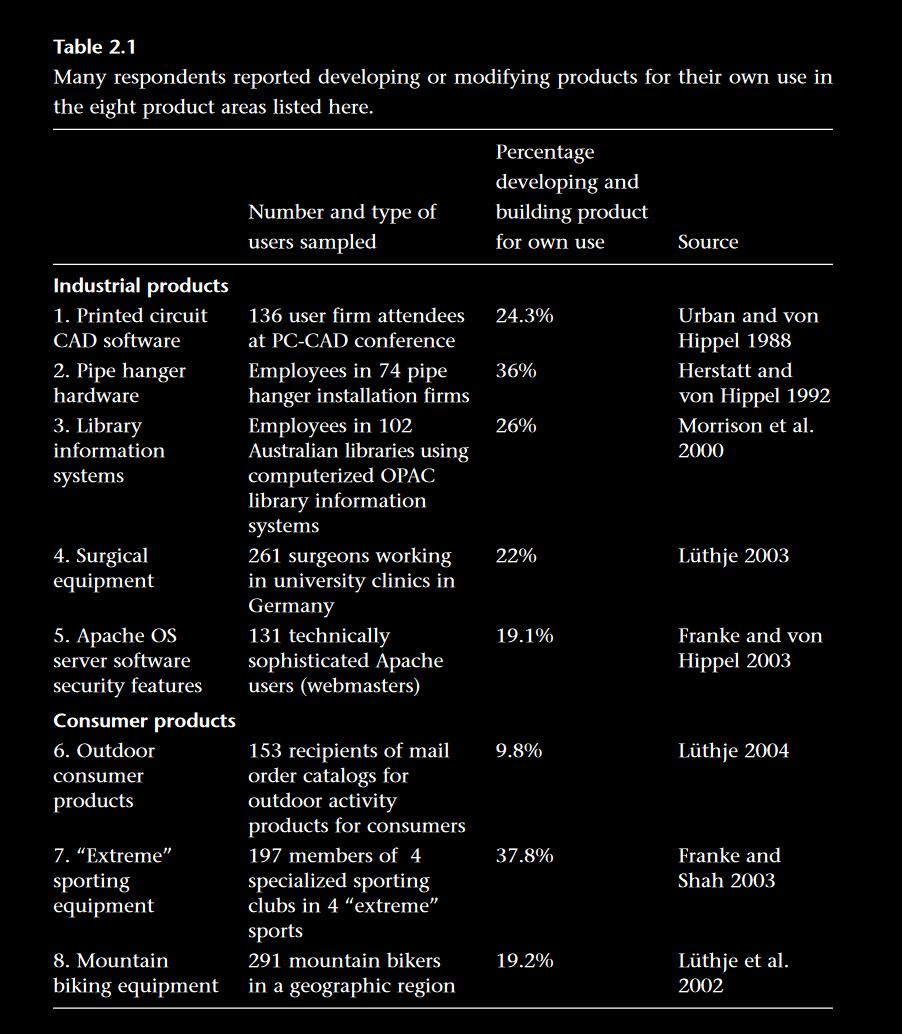The Secret Cyborgs: AI productivity hacks kept under wraps by workers

In a world increasingly dependent on artificial intelligence, there exists a population of workers who are leveraging these technologies to enhance their productivity. Yet, many of them are keeping these hacks hidden from their employers. These 'secret cyborgs', as coined by Ethan Mollick, a management professor at the Wharton School of the University of Pennsylvania, are enhancing their work efficiency using AI, but the fear of getting into trouble is causing them to keep their methods under wraps.
This fear stems from various reasons. Some organizations have issued blanket bans on AI tools like OpenAI's ChatGPT, citing legal and privacy concerns. This has led to workers resorting to using their personal devices to access these tools, further emphasizing the need for secrecy. Moreover, many employees fear that they might be training their AI replacements, raising concerns about job security. Lastly, workers are concerned about the perception of AI-generated content, which could be judged differently if known to be created by AI.
The current state of AI primarily boosts individual productivity, and employees across different roles and levels in an organization are figuring out ways to employ these tools to their advantage. They are streamlining tasks, innovating new approaches to coding, and automating tedious parts of their jobs. Yet, most of this potential remains untapped because the benefits of AI use are not being shared at an organizational level.

Companies need to rethink their approach to AI and its implementation. The first step is acknowledging the existence of these secret cyborgs within their ranks, regardless of their level or past performance. Companies need to train their workforce broadly and provide platforms for them to share their insights, such as crowd-sourced prompt libraries.
Secondly, organizations need to address the fear associated with disclosing AI use. Assurances that no layoffs will occur due to AI implementation and promises of more engaging work or shorter workdays could be a starting point. Creating a culture of trust and psychological safety will be crucial in encouraging employees to reveal their AI use.
Thirdly, companies should incentivize employees to come forward with their AI innovations. Offering substantial rewards to those who find significant opportunities for AI to assist in their work could be a compelling motivation. Such incentives could range from cash prizes equivalent to a year's salary, promotions, or even the option to work from home indefinitely.
Finally, organizations need to address fundamental questions about AI. How will they handle the productivity gains from AI use? How will they reorganize work and streamline processes made redundant by AI? Answering these questions will require companies to engage with their 'cyborgs' and start building a more efficient, AI-augmented organization.
As AI continues to evolve and impact various industries, the need for organizations to harness its potential becomes increasingly evident. Employees who have learned to leverage AI for their tasks hold the key to unlocking this potential. It is time for organizations to recognize their 'secret cyborgs' and work with them to drive innovation and productivity.